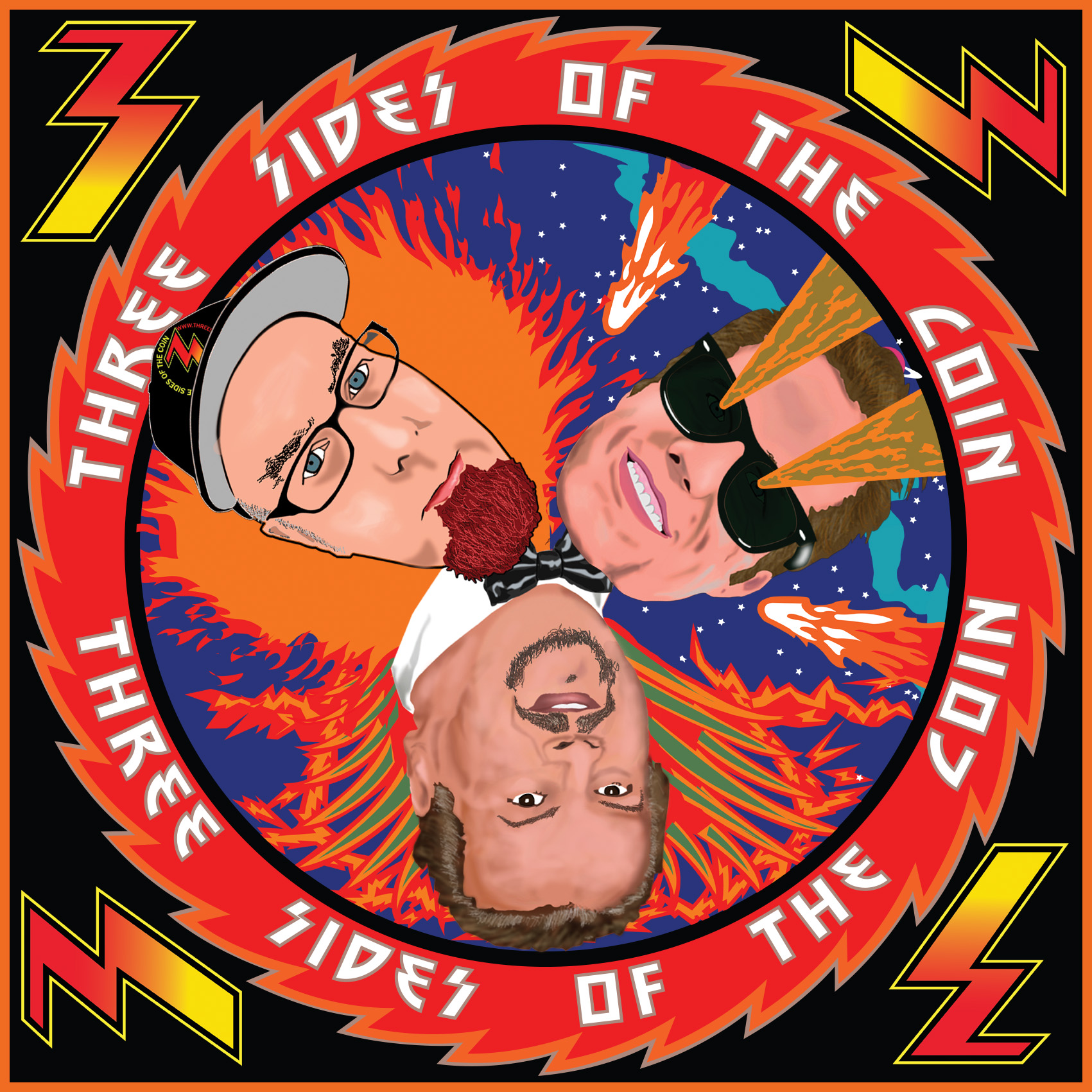A artist website is not the future. A pretty bold statement! A statement I completely disagree with. Artist websites are not and should not ever disappear. A website is the basis for the internet. A website is the real estate that a artist owns and controls. Facebook, MySpace and all others are great, but should NEVER be a artist’s sole site. They should be extensions of your website and traffic and promotion tools. MySpace is becoming a ghost town. What will Facebook be like in 5 years? Anyone remember something called AOL? You don’t know what is going to happen or what will be the next trend. What you do know is your own website can live forever doing everything you want, not limited by the terms of service by some other company. Your website can adapt to changes in technology faster. Your website is the billboard for yoru brand and can say and do anything you want.
Mobile is very important, but mobile should not replace your website. It should also compliment and extend your website. Optimize for mobile, take advantage of the new opportunities mobile offers… but don’t rely on it as your sole presence. Mobile is just another computing device. The iPad is mobile, but it is really just another computer. My laptop is mobile. Optimize for the device’s browser. Keep in mind with a mobile purchase that your fans are not looking to buy just digital goods, they will still want to buy physical goods… t-shirts, dvds, cds, and such. Make sure you give them that opportunity. Don’t limit yourself to only selling digital downloads.
Don’t think of replacing your website, think of extending your website.
I would love to hear your comments on this topic.
“A website is important, and I’m not suggesting any artist today simply forego having one. But, it’s not the future. It is what was important yesterday, and is quickly being replaced.”
Michael Schneider, Mobile Roadie, on midemblog November 8th.
The web has been a godsend for artists wanting to connect with their fans. First, it was the wild wild west. Then, MySpace came along, and pretty soon, you had to have a MySpace page. Now it’s a Facebook fan page, perhaps with Root Music plugged in. There are various companies out there – SparkArt, Bubbleup, Virb, Ning – that have stepped in and offered “websites in a box” that can be customized to the artist’s liking.
A website is important, and I’m not suggesting any artist today simply forego having one. But, it’s not the future. It is what was important yesterday, and is quickly being replaced.
The next wave is mobile. It’s mobile-optimized websites, and it’s mobile apps.
Take eBay. eBay will do $1.5 billion in mobile revenue this year.
70% of this revenue will be from their mobile app, 30% from their mobile website. That’s right – there going to do $500 million more on their app than on their mobile-optimized website.
Perhaps most interestingly, users of the eBay iPad app spend $85/week on average; that’s 50% more than visitors to their website spend, and $20/week more than users of their iPhone app.
Or PayPal. PayPal will process $500 million in mobile payments this year, up from just $25 million two years ago. That’s explosive growth in people making payments via their mobile.
Or Linkin Park (disclosure: this is a Mobile Roadie app with a Topspin store in it). Fans in the Linkin Park app spent double the average transaction of fans on the website.
What does it all mean? It means that mobile is important. And it means that fans are increasingly buying on their mobile device instead of their desktop or laptop. And not only are they buying more often on mobile, they’re spending more on the same items. There is nothing special about eBay’s products in their app vs. their website, or on Linkin Park’s offers in their app vs. their website, but users bought more because it was a better, more convenient user experience to buy on their mobile.
Some things you should do today:
- Mobile optimize your website. That means, have your website guy modify the “CSS” on your website to display fonts and buttons in a mobile-friendly way. Make it easy for fans to interact and buy from your site on their mobile (no one likes to pinch and zoom).
- Get an app. There are so many easy and inexpensive way to do this today, you can’t afford not to do it. And interact with your fans in your app; they’ll pay you back with loyalty, and their credit card.
- Take advantage of mobile’s advantage. Mobile knows where your fan is; your website doesn’t. Take advantage of that with geo targeted offers and messaging. Hit fans when they want, and where it’s convenient for them.
By 2013, it’s estimated that more people will browse the web from mobile devices than from desktop or laptop computers. That’s just two years away. Personally, I think this will happen even sooner. Don’t wait – get in the mobile game now, build intimate fan relationships, and get ready for the next wave.
Michael Schneider (@msfd) is CEO of Mobile Roadie (@mobileroadie), notably maker of MIDEM’s iPhone app.
via Michael Schneider: Why you should pay more attention to mobile than to your website












Hey Michael, I think you may have missed where I said I am NOT suggesting that artists forego a website – but that they mobile optimize what they have. I think we are actually in agreement on that. Mobile is the future, and whether it’s apps, or mobile optimized websites, my point is that the “web” as we know it today – sitting in front of a desktop or laptop browsing websites – will soon be a thing of the past as we spend more and more time on our mobile devices. Thanks for taking the time to reply to my post.
Michael, I appreciate you taking the time to read my comments and reply. Definite agreement about optimizing for mobile. Too many people have not paid attention to their traffic stats to realize they may have a significant portion of their visitors using a device other than a PC or laptop. I think your point is more clear when you said “the “web” as we know it today – sitting in front of a desktop or laptop browsing websites – will soon be a thing of the past as we spend more and more time on our mobile devices.” That wasn’t really clear in the original post. What came across was that websites are not the future. That makes it sound like websites will disappear, which they won’t. They will just evolve. How people access a website is going to change, and a device like a laptop is not the future. Imagine how you will have to optimize a website when we finally “jack” directly into the internet via our own brain, lol.